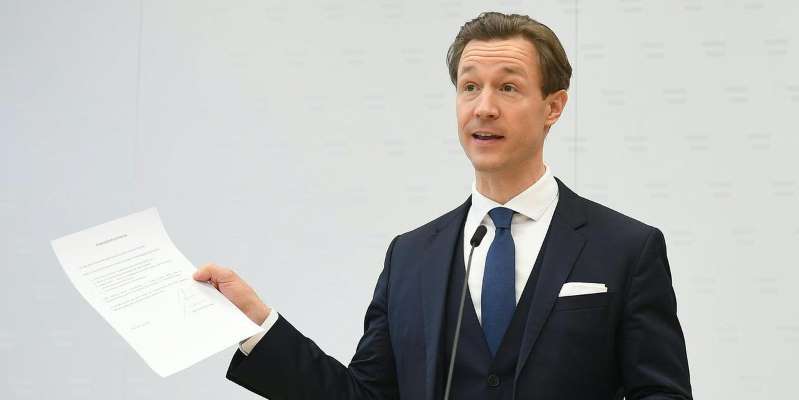
Flowers
The financial literacy report was presented on Monday. As a result, the financial knowledge of adults in Austria is above average.
On Monday, the Federal Ministry of Finance (BMF) presented the report on financial education in Austria. According to that, the financial knowledge in this country is above average. However, certain sections of the population still have significant residues. That should be changed in the future.
At a joint press conference with Andreas Treichl, Chairman of the Supervisory Board of the Erste Foundation as well as member and founder of the “Foundation for Economic Education” and Federal School Spokesperson Alexandra Bosek, Finance Minister Gernot Blümel described that financial education is the best pension plan and creates “added value for society and the economy” .
Therefore, one wants to increase the awareness, financial skills and understanding of the citizens in the area of financial education in the future. Accordingly, the BMF has been running a project to develop a national financial education strategy for Austria since May last year.
The project is also intended to promote better use of resources. The aim is also to support investor and consumer protection and to facilitate cooperation between the actors in the field of financial education. “We don't want to reinvent the wheel, we want to bring the existing together in a meaningful way,” explains Blümel.
In Austria, as he goes on to describe, there are numerous sensible and established initiatives, but the holistic view is lacking here.
“With our national strategy we want to close the existing gaps and become a global pioneer,” said Blümel.
And further: “The Austrians should be able to make good financial decisions.” This has a positive effect on individual provision and the location, explained the finance minister.
In a first phase, the Organization for Economic Cooperation and Development (OECD) worked together with the BMF to produce a so-called mapping report. This report collects existing national financial education measures and activities in Austria and analyzes international best practices. The report “Financial Education in Austria: Relevance, Findings and National Initiatives” makes an important contribution to the development of the national financial education strategy for Austria.
The OECD report shows that the financial knowledge of adults in Austria is above average in an international comparison, but that there are still significant shortfalls in certain population groups. The number of actors involved in financial education is remarkable. However, the provision of financial education offers is uncoordinated.
Against this background, the most important findings of the report include the need for stakeholder coordination, a good selection of target groups and a sustainable program evaluation. The report also shows that most financial education initiatives target young people in schools.
It is important, however, that all target groups have access to financial education.
For Andreas Treichl, “the lack of financial and economic education in Austria is not a new phenomenon, it is unfortunately a tradition. In my opinion, it also makes a significant contribution to widening the gap between rich and poor. It is encouraging that the willingness to do so In recent years – both in politics and in civil society – there has been an increase in taking action here. This report provides an important basis for broad-based initiatives and also shows us how important it is not to give up here “, clarifies the experienced, former bank manager.

